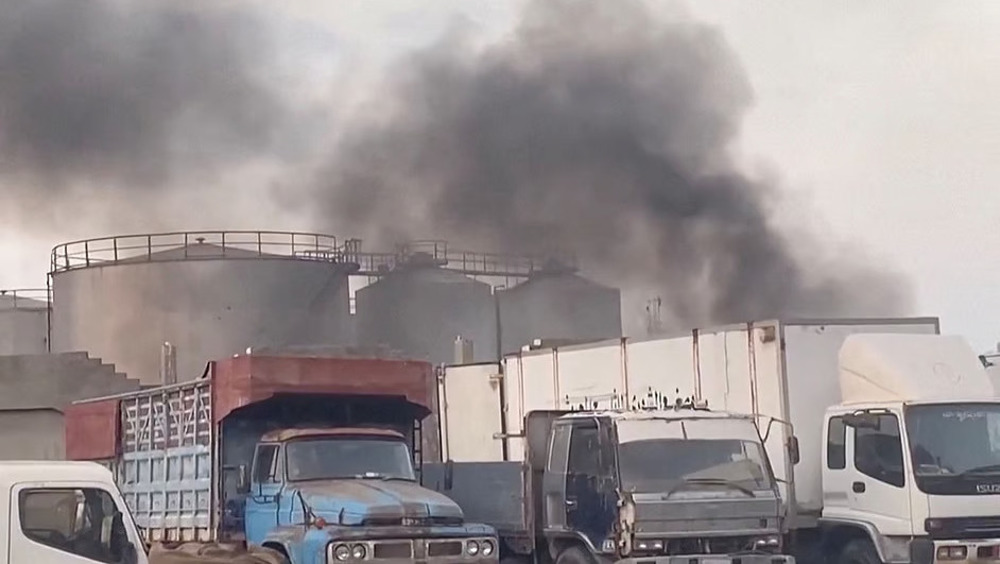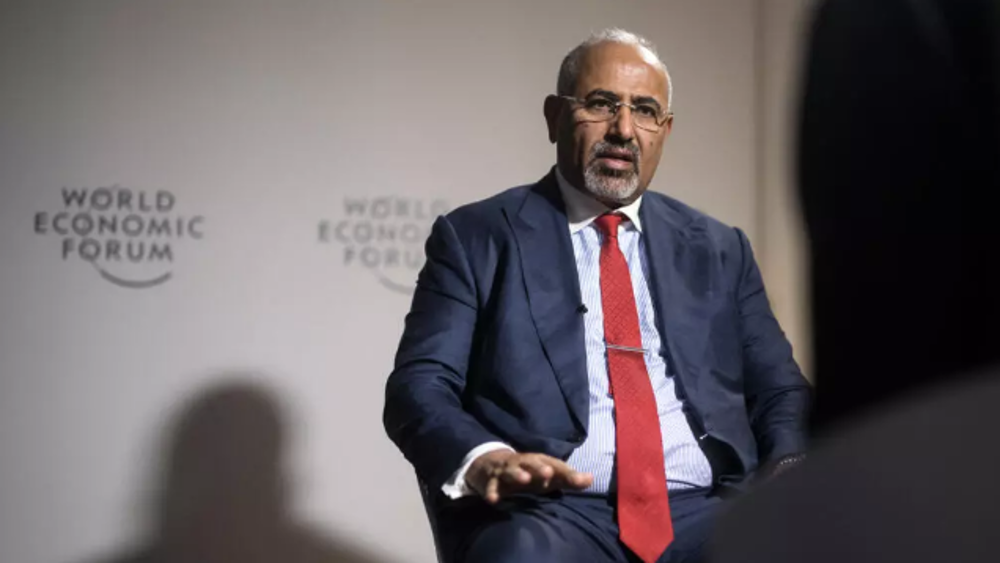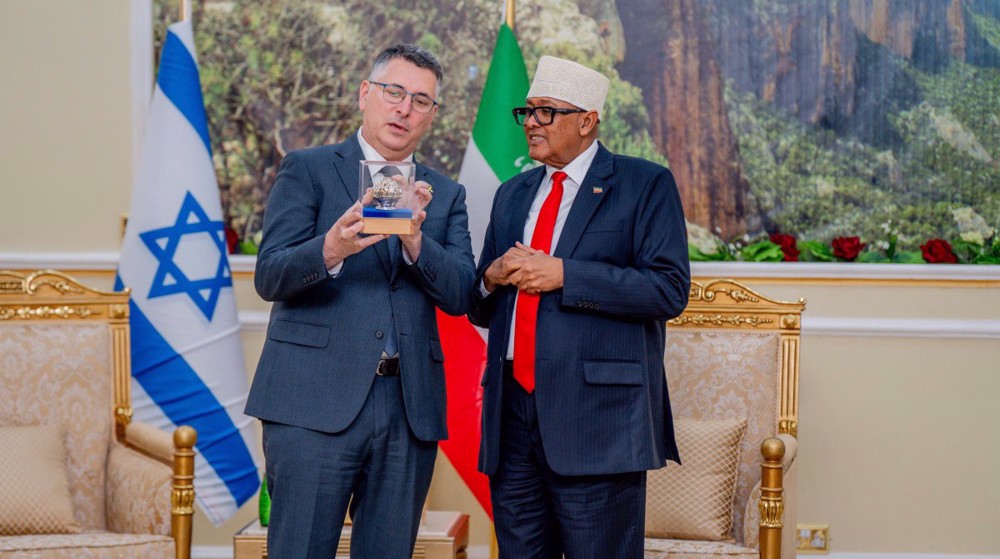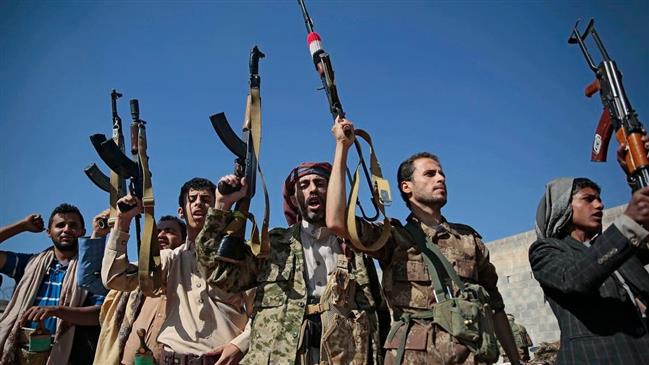US think tank: UAE still an ‘aggressor’ in Yemen despite withdrawal claim
An American think tank says the United Arab Emirates (UAE) remains deeply involved in the war on Yemen despite its claim of disengagement.
Justin Russel, the head of the New York Center for Foreign Policy Affairs (NYCFPA) think-tank, said in an interview with the Middle East Eye (MEE) news portal on Monday that his group documented continued Emirati military involvement in Yemen after Abu Dhabi claimed last October that it had withdrawn from the Saudi-led coalition.
Russel said it was revealed after four months that the UAE was heavily active in the war in Yemen by using strategic islands, air and sea ports, and military bases and militias.
"The UAE, either in the spotlight or under the radar, continues to be an aggressor in the region," he said.
"The UAE's withdrawal announcement drew international attention away and basically took the rest of the world off the scent of what they are actually doing in the region… But in our research, there is still funding and other battlefield support from the UAE in Yemen on a regular basis," Russel said.
The think-tank has filed a lawsuit against the US State Department over a now-paused arms deal to the UAE.
Shireen al-Adeimi, a Yemen-born activist and professor at Michigan State University, told MEE that the UAE was likely keeping in place foreign forces that it has trained and funded in the areas it withdrew from.
"At some point last year, they announced that they were withdrawing... But really, what they were saying is that they were leaving behind trained mercenaries while pulling out their official ground troops," Adeimi said.
"They make it look like they've withdrawn from Yemen while all they've done is just pull out their official physical presence," she said. "The UAE has been able to take advantage of the Saudis being the front-facing group for this war, while they've been able to kind of take a step back and be behind the scenes."
Adeimi said the UAE's interests in Yemen were varied but a key goal of the small Persian Gulf country was maintaining influence over the Bab el-Mandeb Strait, which connects the Red Sea to the Gulf of Aden.
The Yemen-born activist said the UAE had worked throughout the war to take up strategic outposts around the waterway, which is essential for the passage of about nine percent of the world's crude oil and refined petroleum traded via the sea.
"It's pretty clear to me as a Yemeni what the UAE's endgame is, and that is to make sure that they have a government in Yemen that is going to make it easy for their oil to travel through Bab el-Mandeb," Adeimi said.
"It's a really important strategic location. That's why Yemen has always had interventions by Saudi Arabia and the US in the past," she added. "That's really what it comes down to."
The MME reported that the UAE had turned Al Rayan airport in the southeastern Yemeni port city of Mukalla into a military base for its occupation forces around the start of the war and had refused to reopen the facility since then.
Yemen's government says the Emirati troops are using the airport "as an illegal prison to commit heinous forms of torture against Yemenis."
Saudi Arabia and a number of its regional allies launched the war on Yemen in March 2015 with the goal of bringing a former Riyadh-friendly regime to power.
According to the United Nations, 80 percent of Yemen's 30 million people need some form of aid or protection. About 13.5 million Yemenis currently face acute food insecurity, United Nations (UN) data shows.
According to the latest figures released by the UN in December last year, over 230,000 people have been killed since the onset of the Saudi-led war.
VIDEO | Press TV's news headlines
Trump floats ‘Dream Military’ fueled by record $1.5-trillion budget
Iran: US interventionism aimed at inciting violence, terrorism
VIDEO | Tunisian parties denounce Trump’s foreign policy as violation of intl. law
Trump’s immigration crackdown turns deadly; president says killer acted in ‘self-defense’
VIDEO | Trump renews highly aggressive rhetoric towards Iran
VIDEO | Transatlantic tensions: Greenland
VIDEO | Yemen’s Saudi-backed government expands control amid coalition strikes on separatists














 This makes it easy to access the Press TV website
This makes it easy to access the Press TV website